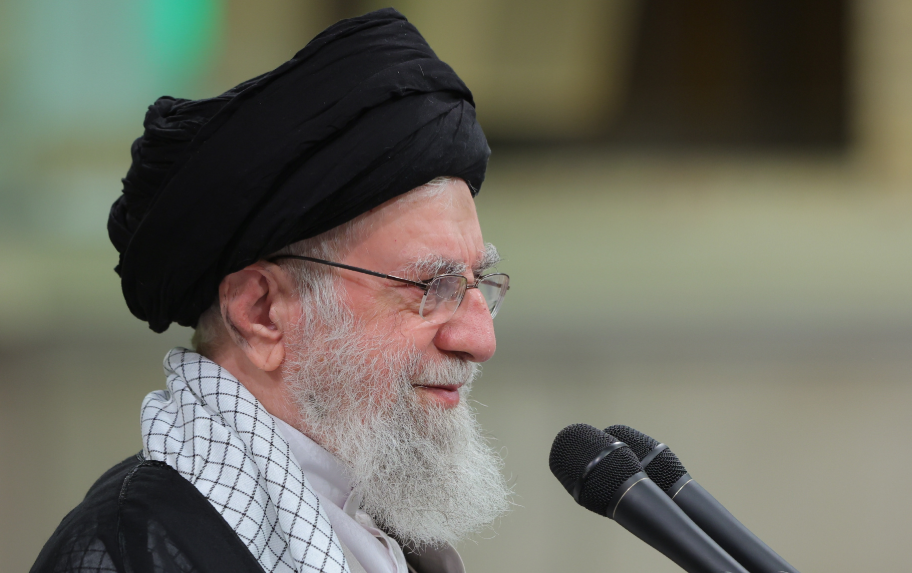US President Donald Trump has announced a phased ceasefire agreement between Iran and Israel after 12 days of intense conflict. The deal was brokered with the help of Qatar and involves both nations halting military operations in a coordinated 24-hour process. The agreement comes after missile strikes, diplomatic negotiations, and high-stakes talks between US, Israeli, and Iranian officials.
President Trump Announced Ceasefire But Iran Strongly rejected It
In a major diplomatic development, US President Donald Trump has announced that Iran and Israel have agreed to a ceasefire, marking what could be the official end to the ongoing 12-day war between the two nations. Addressing US media, President Trump stated that he believes the ceasefire is “unlimited” and is likely to remain intact. The announcement comes after intense behind-the-scenes negotiations led by senior US officials and international mediators.
According to a senior White House official, Israel agreed to the ceasefire deal on the condition that Iran halts all attacks on Israeli territory. The negotiation process saw direct communication between President Trump and Israeli Prime Minister Benjamin Netanyahu. Meanwhile, US Vice President JD Van, Secretary of State Marco Rubio, and special envoy Steve Witkov engaged in both direct and indirect negotiations with Iranian representatives to finalize the ceasefire terms.
In a key diplomatic move, President Trump sought assistance from Qatar in brokering the agreement. He reportedly requested the Amir of Qatar to mediate with Iran, which played a crucial role in the eventual breakthrough. The Qatari Prime Minister successfully secured Iran’s agreement on Monday, following which President Trump announced the ceasefire publicly through social media platforms.
The ceasefire has been designed as a phased 24-hour process. Trump elaborated that Iran would begin by unilaterally halting all military operations within six hours of the announcement. Twelve hours after Iran’s cessation of hostilities, Israel would reciprocate by stopping its military actions. At the completion of this 24-hour period, the world would witness what Trump described as an official and globally acknowledged end to the conflict.
The announcement, however, came just hours after Iran launched a missile attack targeting the Al Udeid Air Base in Qatar, which houses the largest US military facility in West Asia. Despite the strike, Trump dismissed the attack as “very weak” and emphasized the importance of de-escalation. He even thanked Iran for providing advanced notice of the missile barrage, suggesting that the strikes were an indication that Iran had “gotten it all out of their system” and expressing hope that no further hostilities would occur.
Iran’s National Security Council confirmed that the attack on Al Udeid Air Base was a response to what it called “aggressive and insolent” US actions against Iran’s nuclear sites and facilities. Interestingly, Iranian officials emphasized that the number of missiles fired matched the number of bombs previously dropped by the US, signaling a calculated and proportional response rather than an attempt to escalate the conflict further.
While Iran has not officially agreed to the full ceasefire at the time of the announcement, its officials indicated a willingness to halt further retaliation if Israel ceases its military operations. Iranian Foreign Minister Abbasari stated that “if Israel stops its aggression no later than 4:00 a.m. Tehran time, we have no intention to continue our response afterwards.” He added that a final decision regarding a complete cessation of military operations would be made at a later stage.
Adding to the tense atmosphere, a series of powerful explosions were reported in Tehran early Tuesday morning, occurring just hours before the staggered ceasefire was scheduled to commence. These blasts further underlined the fragile nature of the situation as both sides edged closer to potentially ending their hostilities.
As the world watches closely, the phased ceasefire agreement orchestrated through high-stakes diplomacy and international mediation holds the potential to bring lasting calm to a region once again teetering on the brink of full-scale war. President Trump’s unconventional approach, combined with Qatar’s pivotal role as a mediator, has so far managed to avert further bloodshed, at least for the moment.

